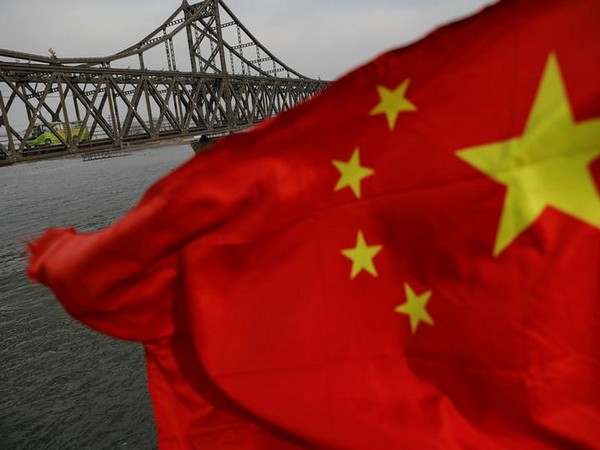Think Tank Report: China's Economy in Crisis Amid Policy Stagnation
A report by London-based OMFIF highlights China's severe economic downturn, dysfunctional housing market, and ineffective government policies. The think tank criticizes Beijing's reluctance to revise economic strategies, leading to poor post-pandemic recovery and escalating financial instability.

- Country:
- United Kingdom
A recent report by the London-based independent think tank, OMFIF, underscores the critical economic challenges Beijing currently faces. Despite the grim outlook, the Chinese government hesitates to make significant amendments to its economic policies discussed during the Third Plenum. China's economy has struggled throughout the year, failing to achieve a robust post-pandemic recovery as many had hoped.
According to the OMFIF report titled, 'How deeply rooted are China's economic woes?', the economic trajectory is marred by four core issues. The real estate market is in prolonged decline, consumer spending remains subdued, local government finances are deteriorating, and the private sector is weakened by years of policy crackdowns.
Further, the housing market crisis has been exacerbated by millions of unsold apartments and bankrupt developers. Consumer confidence has plummeted, and decades of over-investment have led to an inevitable painful adjustment, regardless of government policy. Instead of gradual rebalancing, abrupt measures such as strict Covid-19 lockdowns and the 'Three Red Lines' policy caused sharp market corrections.
The government's rescue plans, including buying vacant units, have shown inadequate results. Housing sales in 2023 were below 2017 levels, with 2024 looking even bleaker. It's increasingly clear that real estate will not reclaim its role as an economic growth driver.
Post-pandemic, China's private consumption recovery has been slow. Homeowners face a negative wealth effect due to falling property prices, coupled with high youth unemployment. Consequently, spending has been drastically cut back. The government's policies to boost consumption have been modest and indirect, compared to more effective direct financial support measures.
Local administrations are overspending on infrastructure, outpacing their budgets. They resort to issuing debt via government financing vehicles, largely borrowing through bond sales in the securities markets. Since 2018, this off-balance-sheet borrowing has exceeded USD 3.8 trillion, causing financial instability, according to the IMF.
Lastly, systemic measures favoring state-owned enterprises over the private sector since 2015 have further strained the business environment. The report concludes that for significant economic revival, both strategic policy recalibration and addressing the debt-ridden local administrations are imperative.
(With inputs from agencies.)










